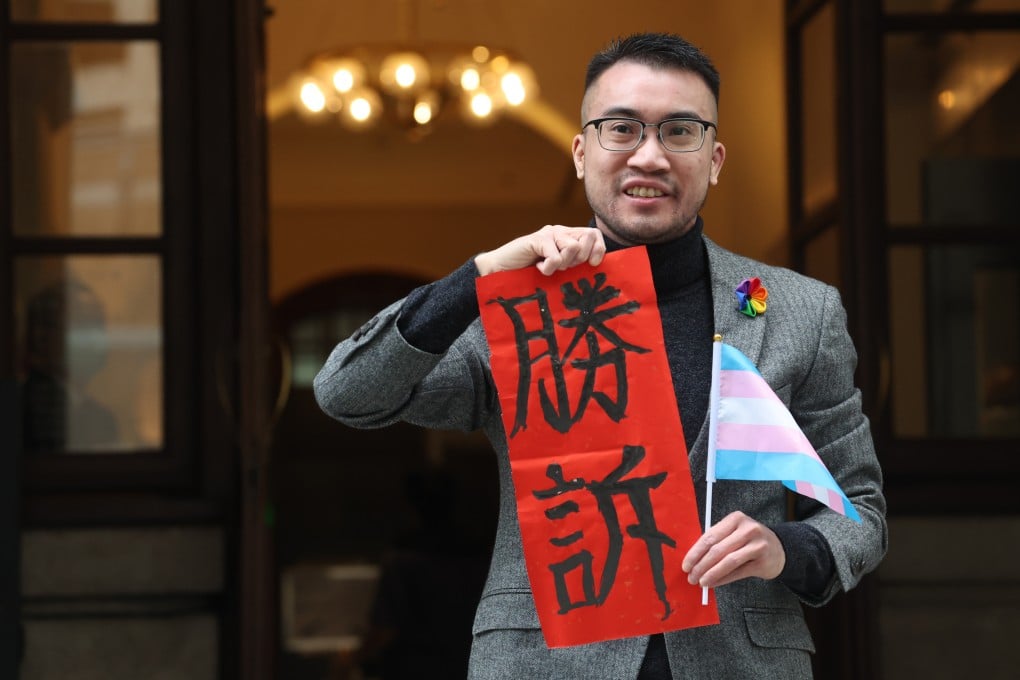Letters | For Hong Kong’s transgender people, gender identity doesn’t always hinge on the biological body
- Readers discuss the role of gender affirming surgery in the lives of transgender Hongkongers, and an app that some in the transgender community have found useful

The general public may be curious about the role of “sex reassignment surgery” – or “gender affirming surgery”, the term many transgender people prefer – in the lives of transgender people.
Some transgender people do see gender affirming surgery as vitally important and undertake gender affirming surgeries with different levels of intrusiveness and risk. However, not all transgender people would like to undergo gender affirming surgery or they may have concerns about the surgery.
Among the 93 participants assigned male at birth, 9.7 per cent had undergone or were having facial feminisation surgery, 8.8 per cent had undergone or were having top/chest/breast surgery, 13 per cent had undergone or were having an orchidectomy (removal of testes), and 13 per cent had undergone or were having genital surgery.
While 40 per cent of them wanted to have some feminising surgeries someday, 19.6 to 29.7 per cent said they were not sure, and 24.7 to 29.3 per cent said they did not want to undergo the surgeries.